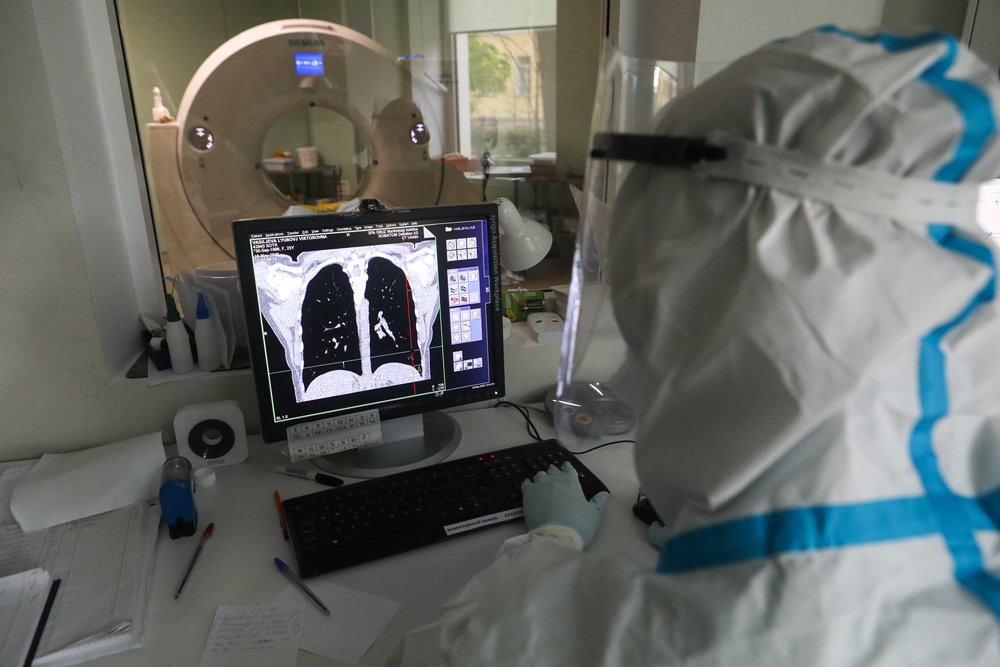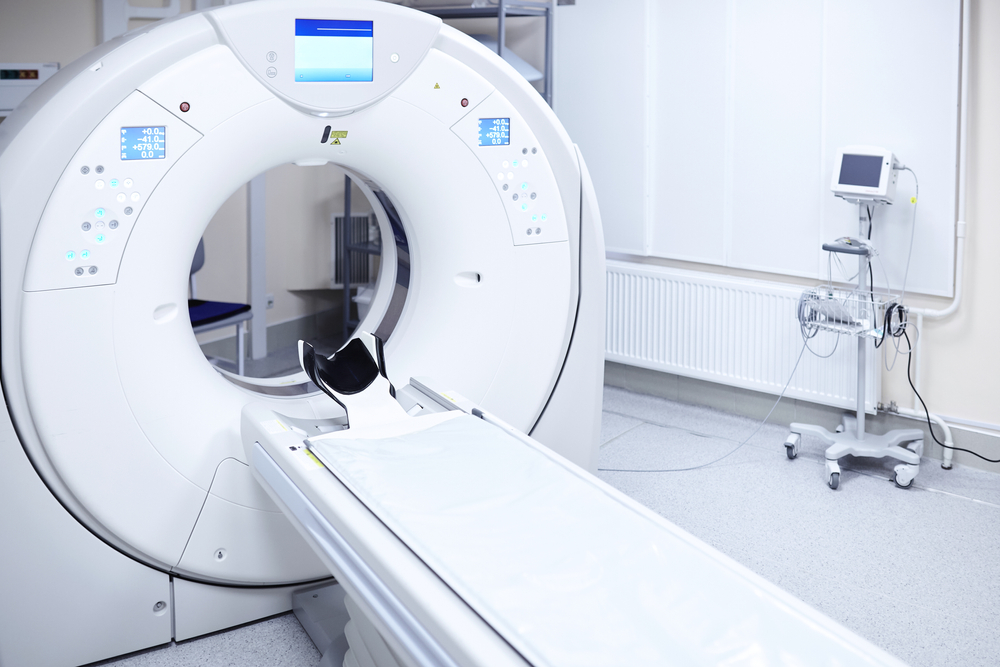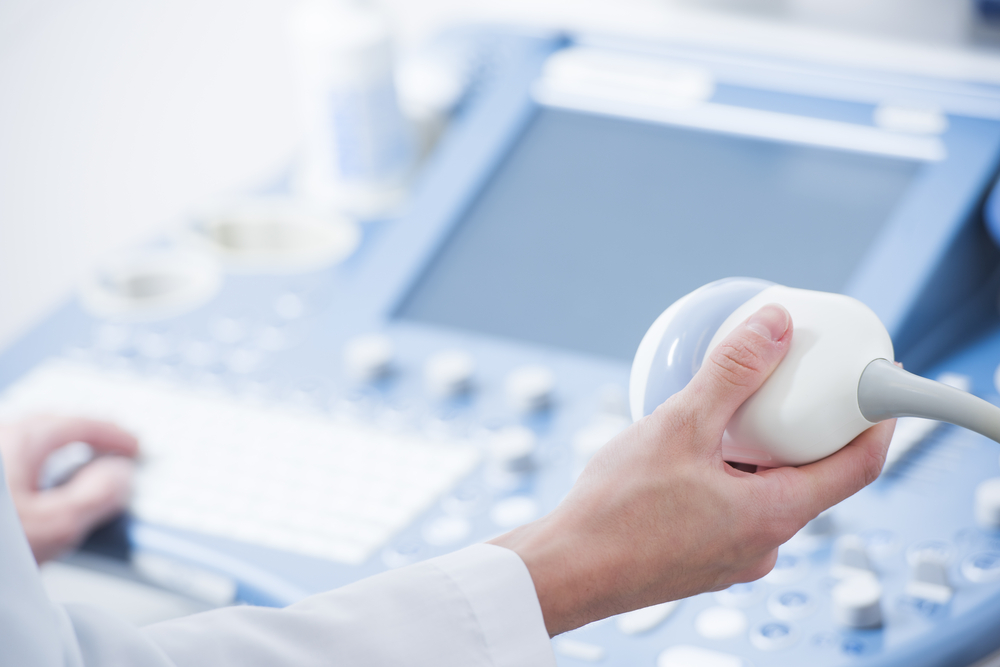Science
Lung Abnormalities Continue Even 2 Years After Severe COVID
Two recent studies confirm lung scarring and other abnormalities occur in many COVID patients — even two years later. The studies were conducted at the Margaret Turner Warwick Center for Fibrosing Lung Disease with Iain Stewart, PhD. as corresponding author and at Tongji Medical College of Huazhong University and led by co-senior authors Qing Ye,…
Read MoreOver 500 Healthcare AI Algorithms Now Approved by FDA
The FDA recently announced that more than 520 FDA-approved artificial intelligence (AI) medical algorithms are now available in the United States. AI algorithms in medicine are not new — the FDA approved the first AI algorithm in 1995. Growth was slow over the next 18 years. AI usage has dramatically risen in the last decade,…
Read MoreCancer Patients Present Imaging Challenges on COVID CT Scans
CT scans are a critical diagnostic tool for diagnosing COVID pneumonia. Given the number of cancer patients and their susceptibility to infections adds to the overall number of COVID cases. In many emergency departments, cancer patients are likely a substantial portion of any COVID-infected population. However, a recent study revealed that cancer patients face…
Read MoreIncreased Use of CCTA Cost Effective for Diagnosing Coronary Artery Disease
Radiologic screening opportunities are on the increase in the field of cardiology. A new retrospective study examined the results in the United Kingdom of the National Institute for Health and Care Excellence (NICE)’s 2016 recommendation that coronary CT angiography (CCTA) be used as the first-line test for potential angina. Research, led by Jonathan Weir-McCall, PhD…
Read MoreLess Movements Just as Effective In Ultrasound for Pancreatic Biopsies
A new Japanese study shows that fewer to-and-fro movements during an endoscopic ultrasound-guided fine-needle biopsy (EUS-FNB) are equally effective when performing a pancreatic tumor biopsy. Gastrointestinal Endoscopy published the results in late January. Researchers led by Dr. Kosuke Takahashi of Nagasaki University postulated that far fewer movements are required to acquire the needed sample. The…
Read More



